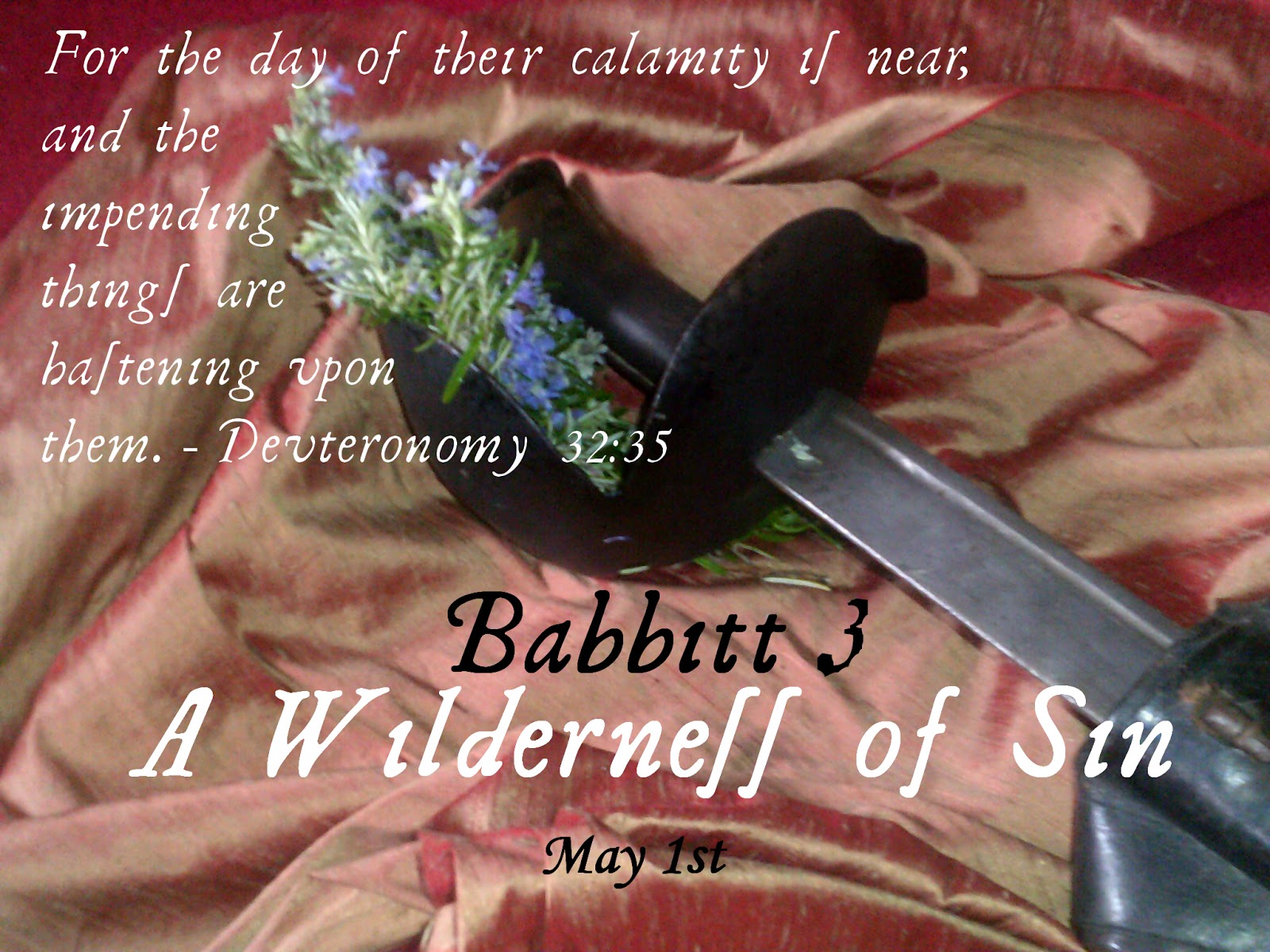“Got a surprise for you, Hapless,” Hollie said smugly.
Percey had groomed the bay horse till its coat gleamed like a dark conker. He'd even acquired some chalk from God knows where and he'd whitened the gelding's stockings. There were times when you had to wonder about Mattie Percey's previous career in a stable-yard in Essex. Just how honestly he might have come by certain skills. That lad was a better painter than Lely.
What he hadn’t done was improved the big horse's temper, and it came out of the line rearing, ears pinned against its skull. Mattie had his hand gripping the bit-ring, trying to keep the horse's head down, and even so the bay nearly had him off his feet.
It was a bloody fine horse, though. Big-built, not one of your lightweight sprinters like Luce Pettitt's spindly witless Rosa: backside like a gable end and a proud arch to its thickly-muscled neck that hinted that someone might have been a little behindhand with the shears to its gelding. That was a beast that'd go all day chasing Malignants and come in at the end of it dancing. It was the sort of mount any junior cavalry officer with any dreams of a future career in the Army might covet, provided a man could train some sense into its thick head. Plenty of staying-power, plenty of fire and dash, though possibly a bit light on good humour. Hollie closed one eye and looked at the bay horse consideringly where it ramped and curvetted like some maniac heraldic emblem.
"What d'you reckon to him, then?" he said, and looked at the scarred lieutenant, expecting to see gratitude and pleasure on that cold, half-lovely face.
Instead the lad was white to the lips, the great scar on his cheek standing out a most unlovely purple, and his eyes were as mad as the bay horse's.
"Is - thish - intended to be meant in humour?" he said stiffly, and his voice had that funny slur it had when the ragged muscle in his cheek had gone stiff as wood, like it did when he was tired or ungovernable. Or drunk. That was still always a clear and present possibility.
Hollie shook his head, thinking he must have misheard, or Russell must have misheard, because –
"All right, ain't he?" Percey said happily, still being jerked around like a rag doll by the beast's flinging head, but as cheerfully good-humoured as ever he was even when his arm was being yanked from its socket by an unwanted cavalry remount. "Want to take him out, Hap- uh, Lieutenant Russell? Take a bit of the ginger out of his heels?"
"I. Should. Rather. Be. Dead," Russell said, through gritted teeth. Flung his own head up, looking not unlike the bay horse, and glared fiercely at Hollie, and Hollie would have sworn to it the lieutenant's dark eyes were brimming with wholly incomprehensible tears. "A righteous man regardeth the life of his beast: but the tender mercies of the wicked are cruel."
"What?" Hollie said blankly, and Russell snarled at him, actually snarled, baring his teeth like a dog.
"The Book of Proverb. Ss." He bit off the last consonant with a hissing, furious sibilance, and then hit himself in the temple with the heel of his hand. "Shir."
And then wheeled about and was gone, shoving Luce rudely out of the way, storming back to the house. "What," Hollie said again, shook himself, "what the bloody hell was that all about?"
"What on earth did you say to him - oh, sir, that was not well done!"
There were times when Luce didn’t half remind Hollie of Het. Well, Hollie's wife was his cornet's father's little sister, it wasn't so much of a surprise, but even so. That hurt, shocked, disappointed look was pure Het, an expression she reserved for when he did something completely stupid. What, precisely, he'd done this time, he did not quite know, save that he was still trying to make things all right for a lad who was as tricksy to handle as a barrel of rotten gunpowder, and he didn’t know from day's end to day's end what mood he was going to be on the receiving end of. Like walking on eggshells, if eggshells were volatile, suspicious, and prone to soothing their tempers by getting fiercely rat-arsed.
"What wasn't?" he said warily. "What, seriously, sir? You did not mean to be - um - funny?"
"No, of course I bloody didn't!"
Luce gave a great sigh. "Ah, God. So you - you know - did you look at the beast? Other than, um, you know - professionally?"
"What -" With one final jerk of the bit, Mattie had the bay horse with all four feet on the ground. It was still a handsome beast. It was just - odd-looking. Three white feet, and a great lopsided white blaze to its face. One blue eye, and one, slightly manic, brown one.
A perfectly sound, sturdy, fine cavalry mount, who just happened to look both ugly and irregular. It was a bloody good horse, sound in wind and limb, beautifully put together, a mount a man could rely on - could be proud of. But now Luce came to mention it, the brute did look a bit like it had been sewn together from bits of at least two other horses. Good ones, but -.
And that had been a coincidence.
"Ah," said Hollie.
The Smoke of Her Burning. October 2015.







